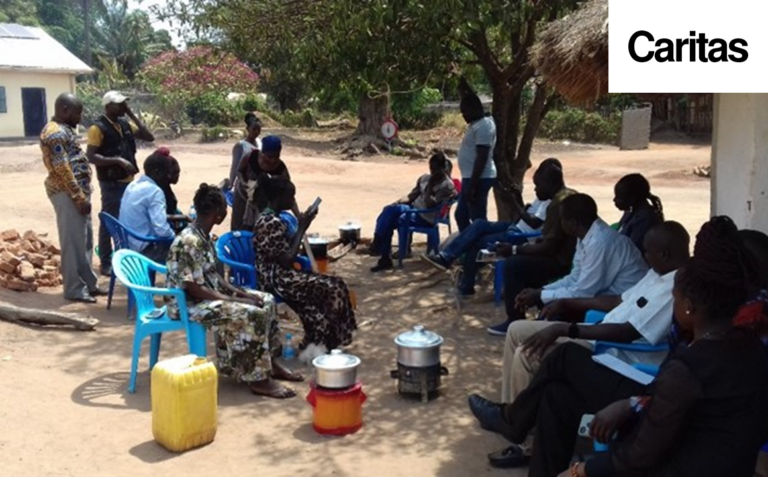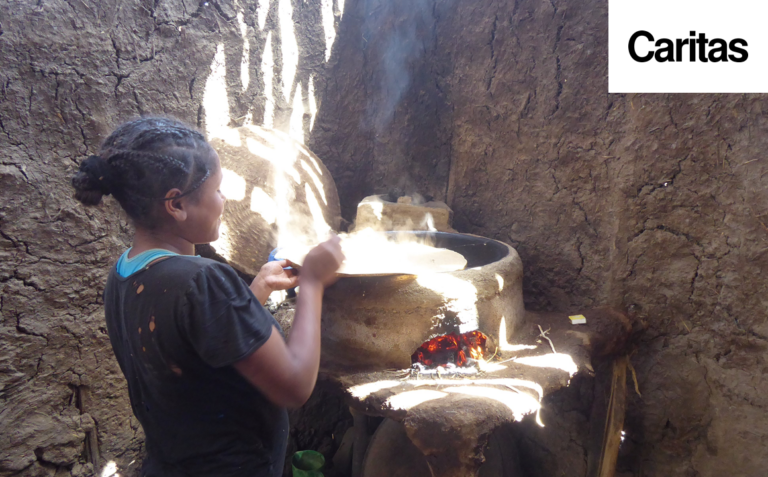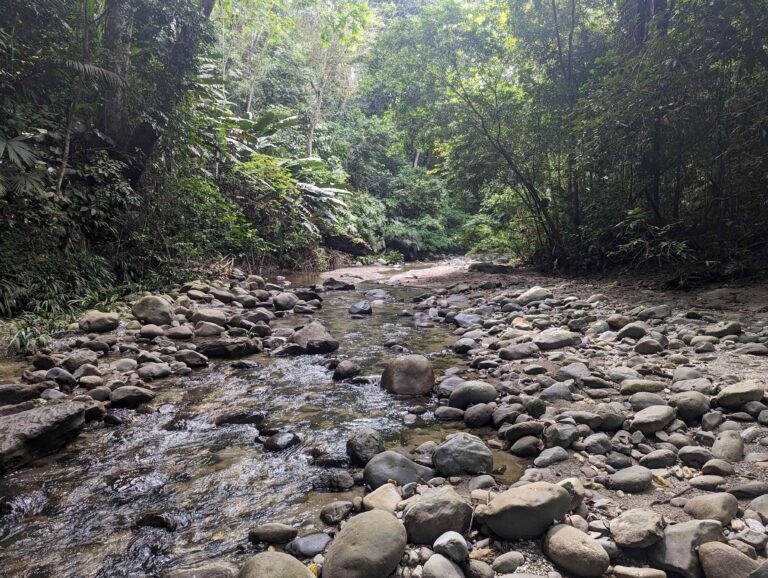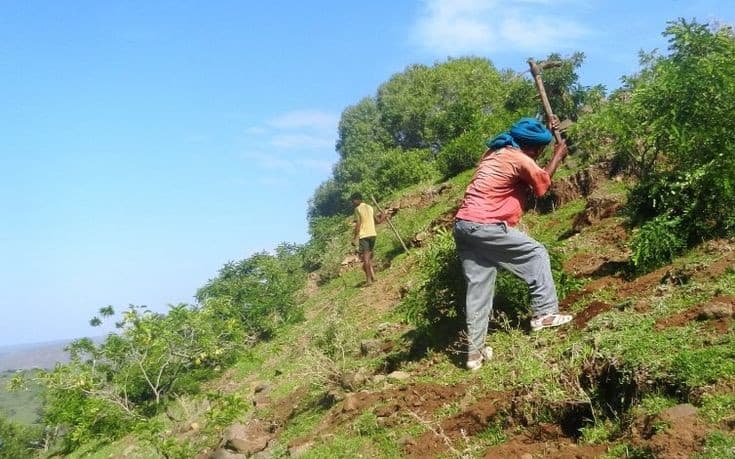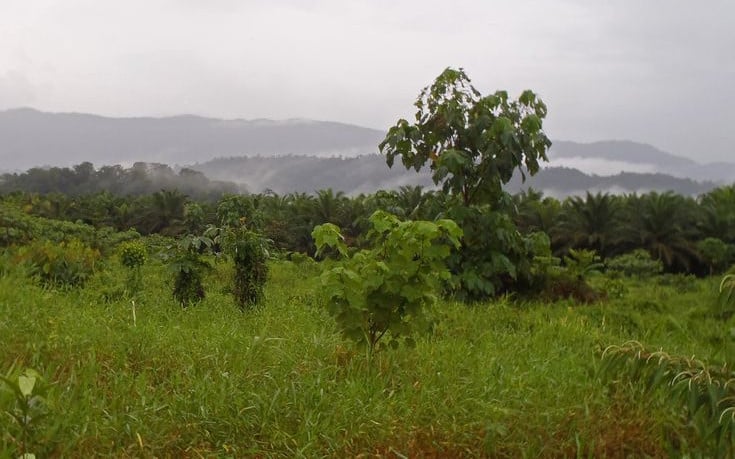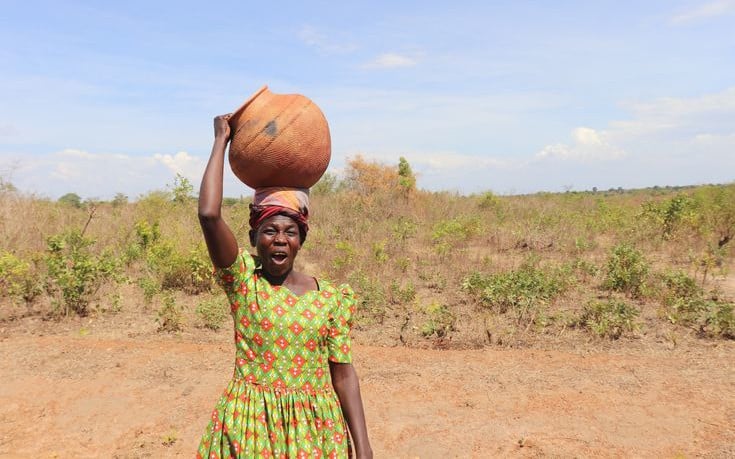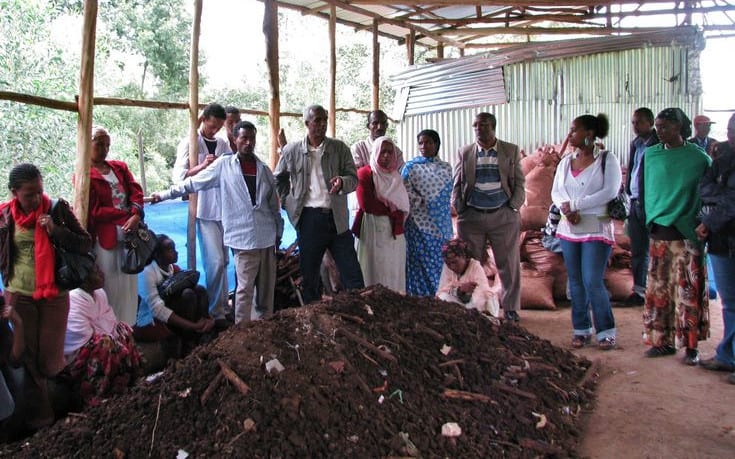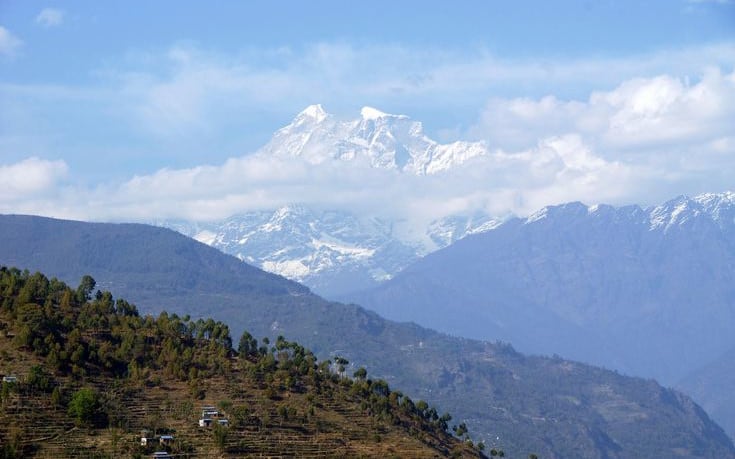Klimaschutzprojekt in Uganda: Biogasanlagen
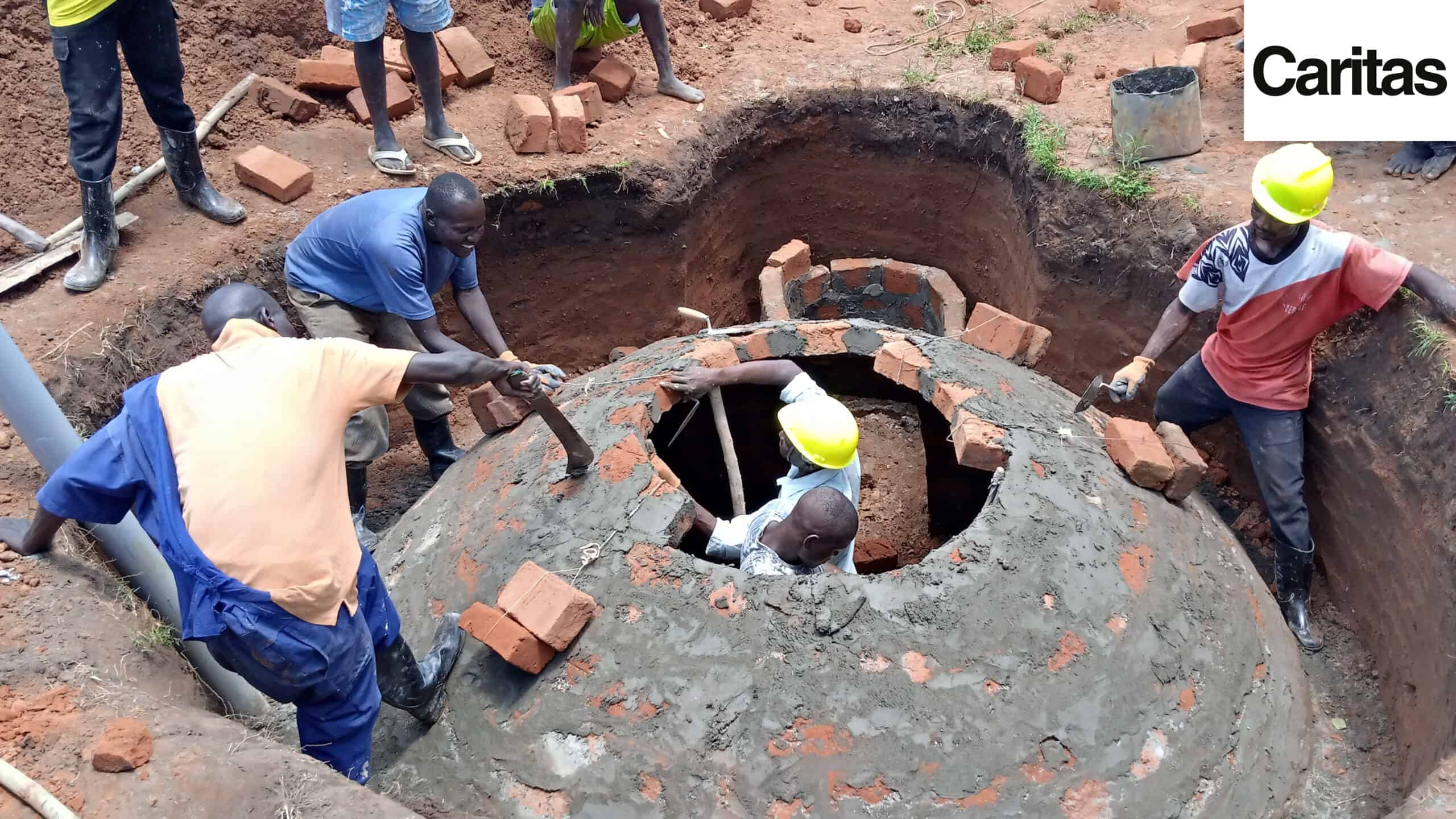
Small-scale biogas plants instead of deforestation and erosion
This BOKU climate protection project reduces CO2-emissions through the use of biogas plants. Increased cooking on open fires leads to heavy over-exploitation of forests, the release of hazardous carbon compounds and soil erosion. The purchase of charcoal and firewood is increasingly becoming an economic burden for the local population. The construction of small biogas plants and their proper commissioning offers an alternative and energy-efficient cooking option.Strengthening of the community through solidarity implementation
The joint organization of the introduction of animal manure and the distribution of gas and fermentation residue (fertilizer) strengthens the sustainable development of the area. The bio-gas plants are based on a collaborative approach, in which households with more animals support households with fewer animals by introducing more animal manure into the plants. The produced bio-gas and fertilizer are distributed to the respective households in solidarity.Seedlings and training courses flank the project
Households are provided with gas stoves and training as part of the project. They are also given seedlings so that they can use the fertilizer produced immediately. The scientific support of the project is provided by BOKU and the University of Gulu and offers research opportunities to students and young scientists. Thus, this BOKU project not only makes a significant contribution to climate change mitigation and adaptation but also improves the living situation in Uganda through co-benefits.Read more
